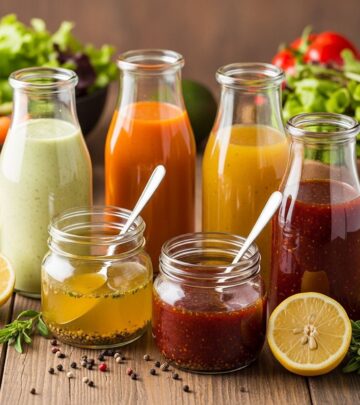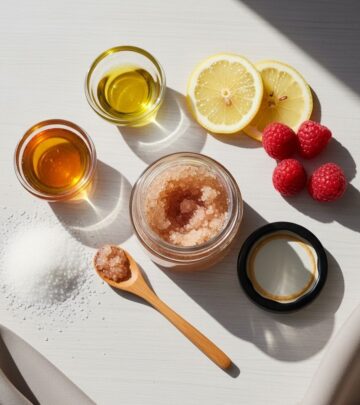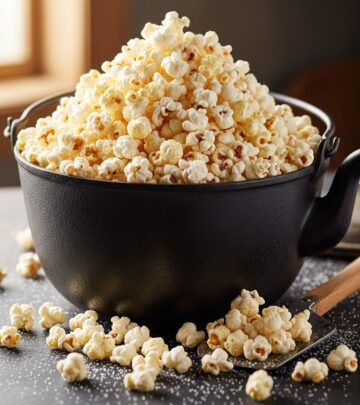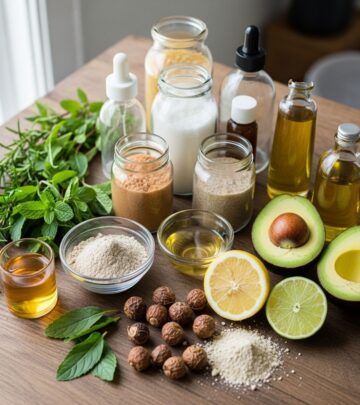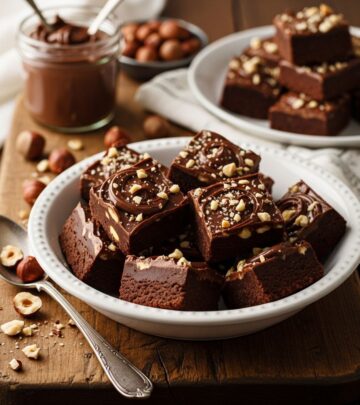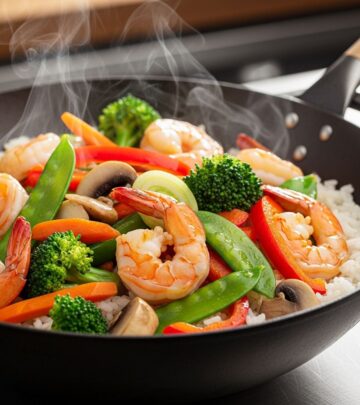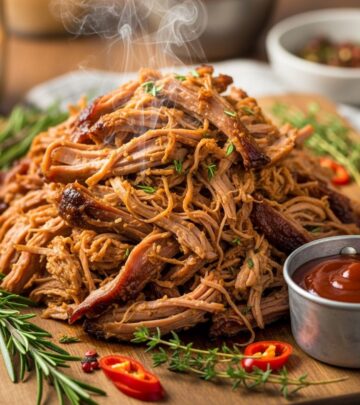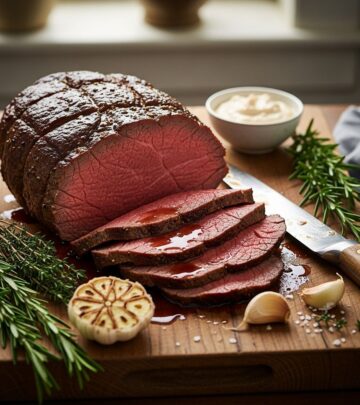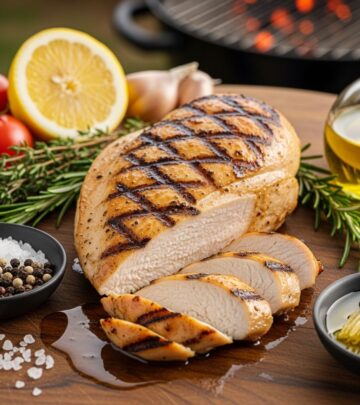BBQ Ketchup: The Ultimate Blend of Sweet, Tangy, and Smoky
Transform pantry staples into a flavorful condiment that adds complexity to any dish.
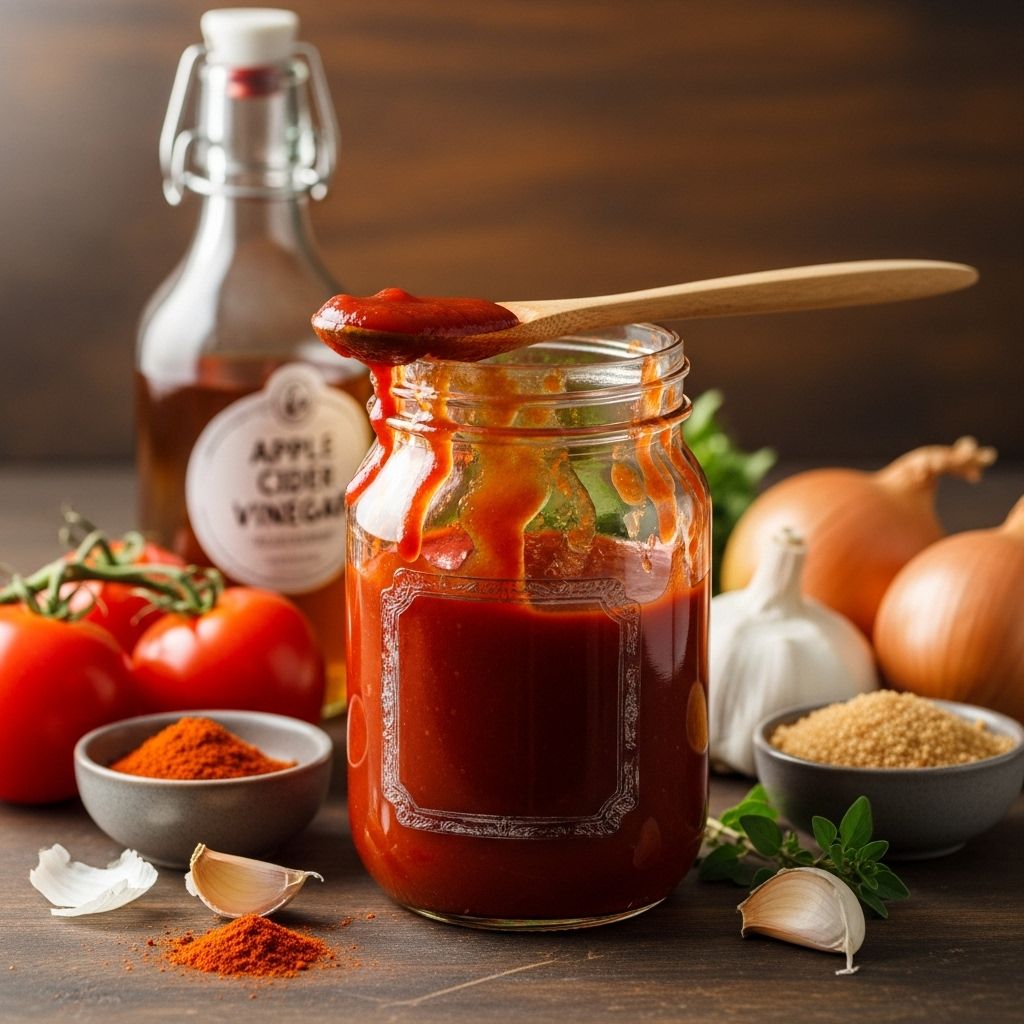
Category: Condiments & Sauces | By: Culinary Enthusiast
Introduction
Barbecue ketchup is the perfect fusion of two of America’s favorite sauces: classic ketchup and bold, smoky barbecue sauce. While each brings its own set of flavors, combining them takes the humble condiment to a new level — blending ketchup’s familiar sweet-tart tang with the deep, complex notes of BBQ. This ultimate hybrid is more than a simple mix; it’s an essential sauce for grilled fare, burgers, fries, and much more. In this comprehensive guide, you’ll discover the inspiration, method, variations, and uses for making your own irresistible barbecue ketchup at home.
Why Blend Ketchup and Barbecue Sauce?
Ketchup is a staple on the American table, prized for its sweet, acidic punch and versatility. Barbecue sauce, meanwhile, varies widely but typically boasts a robust combination of smoke, molasses, spices, and tang. The marriage of the two creates an unmistakable harmony — the ultimate dipping sauce that’s equal parts comforting and adventurous.
- Sweetness: Ketchup’s sugar balances the boldness of BBQ spices.
- Acidity: Both condiments use vinegar to cut through rich foods, but their blend offers a more rounded tartness.
- Umami and Depth: Ingredients like Worcestershire, onion, and molasses add savory complexity.
- Smokiness: Smoked paprika and liquid smoke evoke barbecue pit flavors in a convenient bottle.
Homemade barbecue ketchup isn’t just for novelty’s sake — it delivers unique results you can’t buy in a store, tailored exactly to your tastes.
Background: The Crossroads of Ketchup and BBQ Sauce
Ketchup and barbecue sauce share more in common than you might think. Both are descendants of the old-world tradition of preserving fruits and spices with vinegar and sugar. Tomato-based ketchup gained popularity in the 19th century, while American barbecue sauce evolved throughout the South, each region crafting its own spin from a common base: tomato, vinegar, sugar, and spices.
Many classic commercial BBQ sauces actually start with a significant ketchup base—proof that the two belong together. By making it yourself, you control the spice, sweetness, and smoky notes, ensuring every bite is perfectly balanced.
Key Elements of Barbecue Ketchup
- Tomato Foundation: Tomato paste or ketchup forms the sweet, familiar base.
- Sweetener: Brown sugar or molasses gives depth and echoes classic BBQ sauce.
- Acidity: Apple cider vinegar or white vinegar sharpens the flavor profile.
- Spices: Paprika, chili powder, garlic, and onion powder amp up the aroma and taste.
- Smoke: Smoked paprika and/or liquid smoke provide that signature backyard BBQ essence.
- Worcestershire Sauce: Adds umami and dark, savory undertones.
- Heat (Optional): Hot sauce or cayenne for those who want a kick.
| Classic Ketchup | Classic BBQ Sauce | BBQ Ketchup |
|---|---|---|
| Sweet, tangy, tomato-based | Smoky, sweet, tangy, spiced | Sweet, tangy, plus smoky & spiced |
| Vinegar, sugar, onions | Vinegar, brown sugar, smoke | Vinegar, brown sugar, smoke, ketchup base |
How to Make Barbecue Ketchup from Scratch
Making homemade barbecue ketchup is a straightforward process. All it takes is a saucepan, basic pantry staples, and a little simmering time to meld the flavors. Here’s a step-by-step method to create your own batch:
Core Ingredients
- 1 cup tomato ketchup (or tomato paste plus water)
- 1/4 cup apple cider vinegar
- 2 tablespoons brown sugar (or molasses for deeper notes)
- 1 tablespoon Worcestershire sauce
- 1 tablespoon Dijon or yellow mustard
- 1 teaspoon smoked paprika (or 1/2 tsp liquid smoke, optional)
- 1 teaspoon onion powder
- 1/2 teaspoon garlic powder
- 1/2 teaspoon chili powder
- Salt and freshly ground black pepper, to taste
Directions
- Mix Ingredients: Combine all the ingredients in a medium saucepan over medium heat.
- Simmer: Stir to combine, then bring to a gentle simmer. Lower the heat and let it bubble for 10-15 minutes, stirring occasionally. The sauce will thicken and flavors will meld.
- Taste and Adjust: Taste, then tweak seasoning to your preference — add more vinegar for tang, sugar for sweetness, or hot sauce for heat.
- Cool and Store: Let the barbecue ketchup cool to room temperature. Transfer to a jar and refrigerate. It will keep for up to 1 month.
Tip: For an extra-smooth sauce, blend with an immersion blender after cooling.
Ways to Customize Your BBQ Ketchup
One of the best things about home-cooked condiments is the option to personalize. Here are some common variations to try:
- Heat Lover’s: Add chipotle powder, cayenne, or your favorite hot sauce.
- Sweet & Fruity: Mix in a tablespoon of pineapple, mango, or apricot preserves for a bright, tropical twist.
- Maple Balsamic: Replace brown sugar with real maple syrup and try balsamic vinegar for complex sweetness.
- Bourbon Infusion: Stir in a tablespoon of bourbon after simmering, especially good with grilled meats.
- Extra Smoky: Use both smoked paprika and a few dashes of liquid smoke.
- Herbaceous: Finely mince fresh rosemary or thyme and stir in at the end.
The possibilities are endless. Start conservative with strong ingredients, then add more to taste.
Best Uses for BBQ Ketchup
Barbecue ketchup isn’t just a novelty — it’s a genuine all-purpose sauce for countless meals. Here are some top uses:
- Dipping: Fantastic for fries, tater tots, onion rings, and chicken tenders.
- Burgers: Spread it on beef, turkey, or veggie burgers for an instant backyard BBQ upgrade.
- Sandwiches: Use as a smoky spread for chicken, pulled pork, or even grilled cheese.
- BBQ Glaze: Brush onto ribs, chicken, or salmon in the last few minutes of grilling for a sweet-and-smoky crust.
- Eggs: Replace regular ketchup on scrambled or fried eggs for a breakfast with attitude.
- Party Platter: Serve alongside potato wedges, cocktail sausages, or meatballs as a crowd-pleaser.
Anyplace you’d use ketchup or barbecue sauce, BBQ ketchup is worthy of a taste test.
Tips, Tricks, and Troubleshooting
- Thickness: Too thin? Simmer longer. Too thick? Add a splash of water, vinegar, or tomato juice.
- Sugar Levels: Prefer less sweetness? Start with less sugar and increase gradually.
- Storing: Store in sterilized glass jars in the refrigerator for up to a month.
- Serving: For parties, use squeezable bottles or small ramekins for easy dipping.
- Scaling Up: The recipe doubles or triples easily for cookouts or canning.
Remember, homemade sauces let you control ingredients for dietary needs — lower sugar, gluten-free, or no artificial preservatives.
Nutrition Facts (Approximate, Per Tablespoon)
| Calories | 22 |
|---|---|
| Carbohydrates | 5g |
| Sugar | 4g |
| Sodium | 115mg |
| Protein | <1g |
| Fat | 0g |
Exact values will vary based on brands and variations.
Frequently Asked Questions (FAQs)
Q: Can I use tomato paste instead of ketchup?
A: Yes, substitute 6 ounces of tomato paste and increase water, adjusting sugar and vinegar to taste for tang and sweetness.
Q: How long does homemade barbecue ketchup last?
A: Stored in an airtight jar in the fridge, it lasts up to 1 month. For longer storage, you can freeze it.
Q: Can I make it without sugar?
A: Yes, try using a sugar substitute like allulose, monk fruit, or simply reduce sugar to taste. Keep in mind sugar balances acidity.
Q: Is it spicy?
A: Not by default. For heat, add hot sauce, cayenne, or chipotle powder to match your own spice preference.
Q: Is barbecue ketchup gluten-free?
A: Many ingredients are naturally gluten-free, but check labels (especially Worcestershire sauce) and use certified-gluten free products if needed.
Final Thoughts
Barbecue ketchup is more than a gimmick — it’s a celebration of flavor, nostalgia, and creativity. The harmony of ketchup’s bright, tangy sweetness with BBQ’s smoky, deep notes results in a condiment greater than the sum of its parts. Whether you slather it on a burger, dunk your fries, or use it to finish perfect ribs, barbecue ketchup offers a new way to enjoy two American classics in one bite. Once you make your own, store-bought ketchup may never taste the same again. Happy cooking!
References
Read full bio of medha deb

